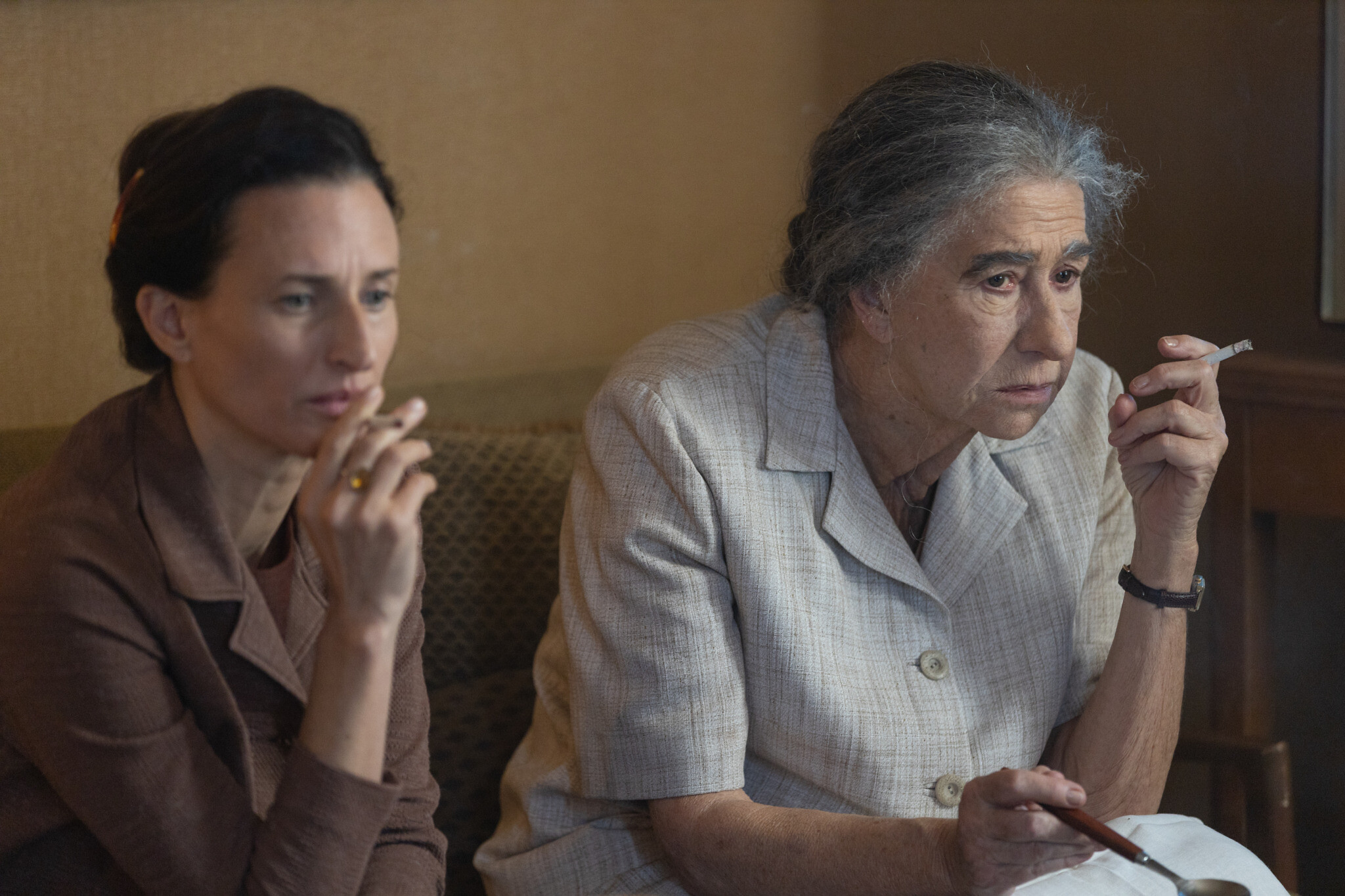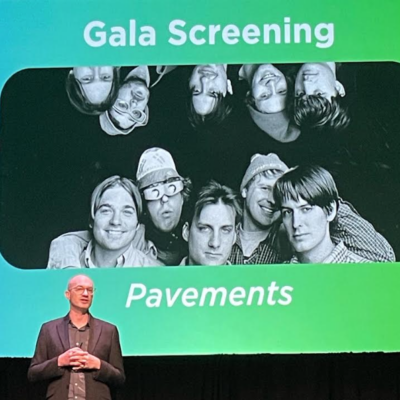Israeli director Guy Nattiv’s new drama Golda isn’t a comprehensive biography of Israeli prime minister Golda Meir. Instead, it focuses on Israel’s 19-day Yom Kippur War in October 1973 and its aftermath. Although the film hits some sporadic high notes, it doesn’t maintain a level of quality or emotional intensity.
In wraparound sequences, Meir (Helen Mirren) faces a tribunal for the terrible human losses suffered during the Yom Kippur War. Her testimony segues into long flashbacks detailing the conflict’s rapid development, as Arab forces built up on the Israeli border, and then invaded. Working closely with military leaders like Moshe Dayan (Rami Heuberger) and David “Dado” Elazar (Lior Ashkenazi), Meir fiercely retaliates. With her country facing brutal early defeats in battle and woefully outnumbered, Meir bargains with U.S. secretary of state Henry Kissinger (Liev Schreiber) for military aid, and, eventually, to negotiate a dignified ceasefire. While carrying this hellish burden, Meir undergoes cobalt treatments for lymphoma.
Golda’s basic structure and characters are respectable and Meir herself is a potentially fascinating character. We quickly discover that her almost grandmotherly façade masks a flinty, intense, decisive leader willing to fight to the death.
With a modest budget, Nattiv wisely tells much of the story through various shots of Meir and her staff under extreme duress, thus precluding the expense of elaborate combat sequences, which are mainly conveyed by radio dispatches from several battles. And since bloodshed is heard and not shown, Golda managed to get a PG-13 rating.
Within this promising framework, Golda delivers only intermittently. Nattiv develops a satisfyingly naturalistic period atmosphere overall, and a few key scenes are gripping and memorable. But he tends to undo all this with self-conscious artiness, his camera swooping senselessly within an otherwise fine scene, wrecking its tone. This tendency toward trickiness—silly, slow-motion shots of Meir exhaling smoke or her blurry point of view while walking through a crowd of protesters—only hurts the film.
As for the cast, Mirren is decent and has several outstanding scenes. But, even under heavy makeup, she doesn’t convincingly resemble Meir. Nattiv has her hitting the same notes repeatedly: tense, chain-smoking, or concerned. Meanwhile, Liev Schreiber is extremely miscast as Kissinger. Tall, fit, and rugged, he looks jarringly unlike the politician. Heuberger, Ashkenazi, and the rest of the supporting cast are all fine.
Screenwriter Nicholas Martin did a fairly creditable job on the script. The Yom Kippur War was considered a major Israeli defeat and a black mark on Meir’s distinguished record. Martin and Nattiv succeed at gaining sympathy for Meir, who had to act quickly under horrible pressure. But they also resort to certain tired war movie clichés (containing spoilers) and rarely vary the film’s tone.
Golda is a middling film that, in more experienced hands, could be far better. Instead, it’s destined to fall into the steady stream of by-the-numbers biopics that regularly get released and then all but vanish. But despite these criticisms, a mature human drama like this is always more welcome than another space opera or comic-book adaptation.
Golda
PG-13, 100 minutes






